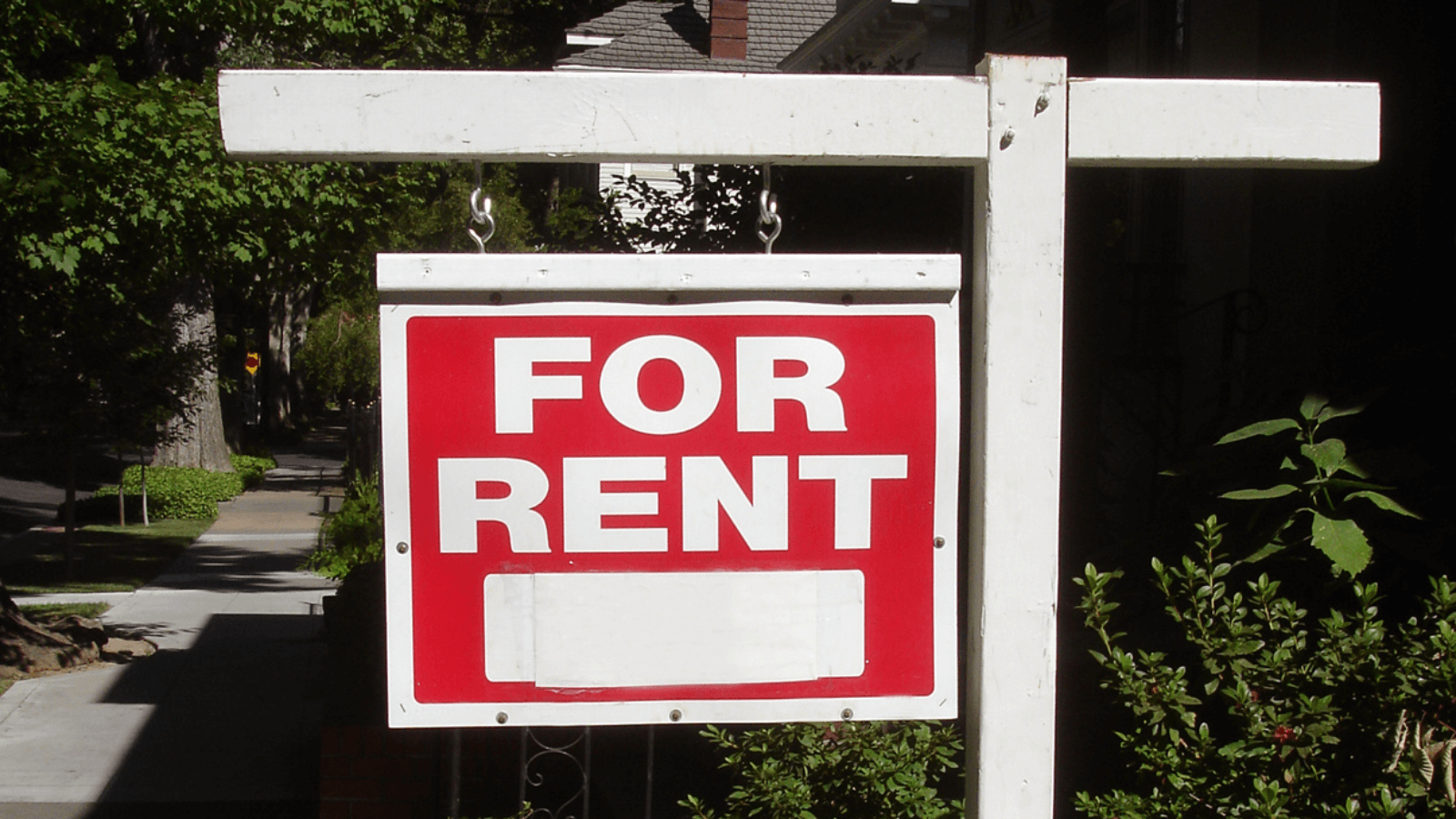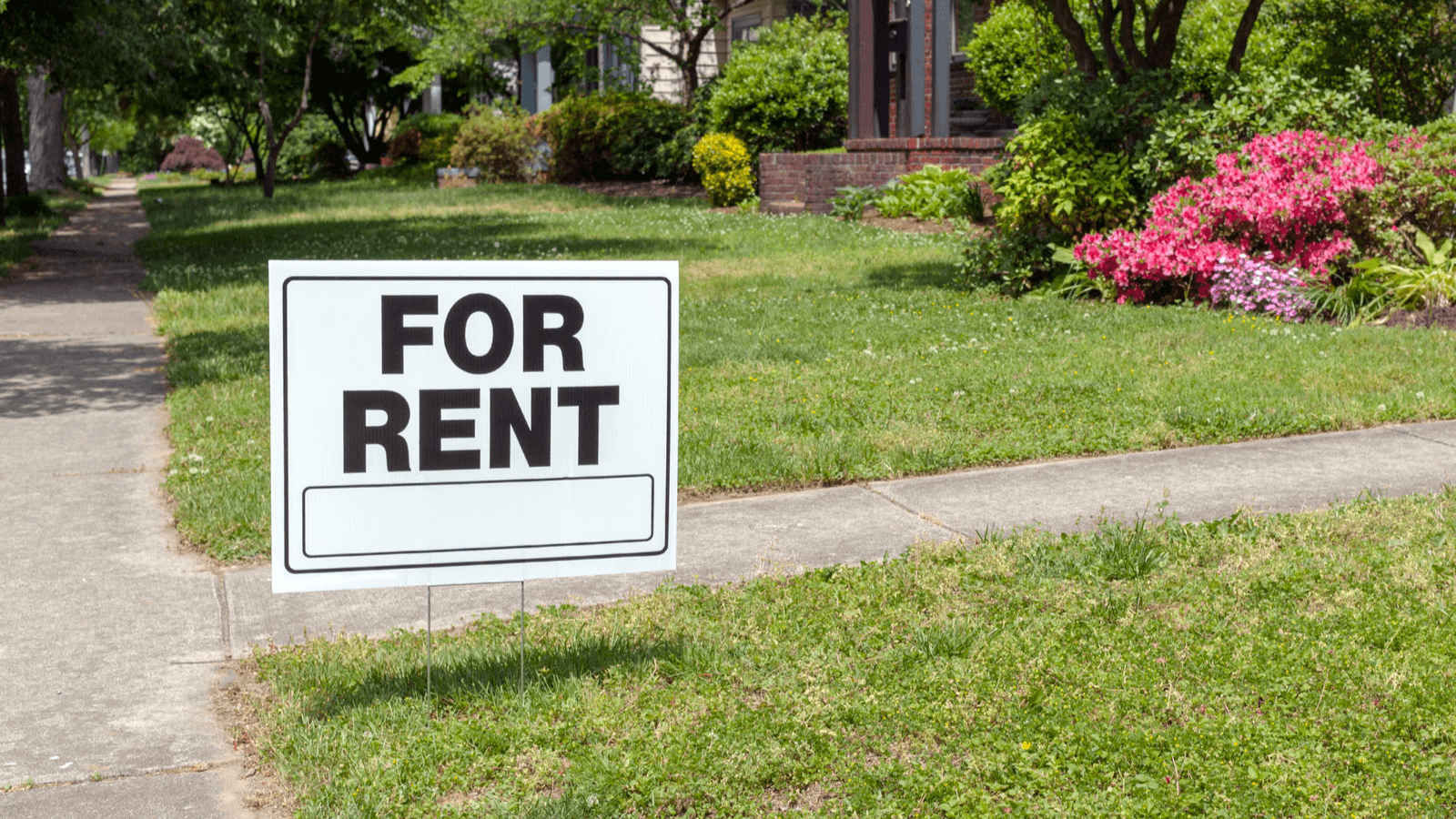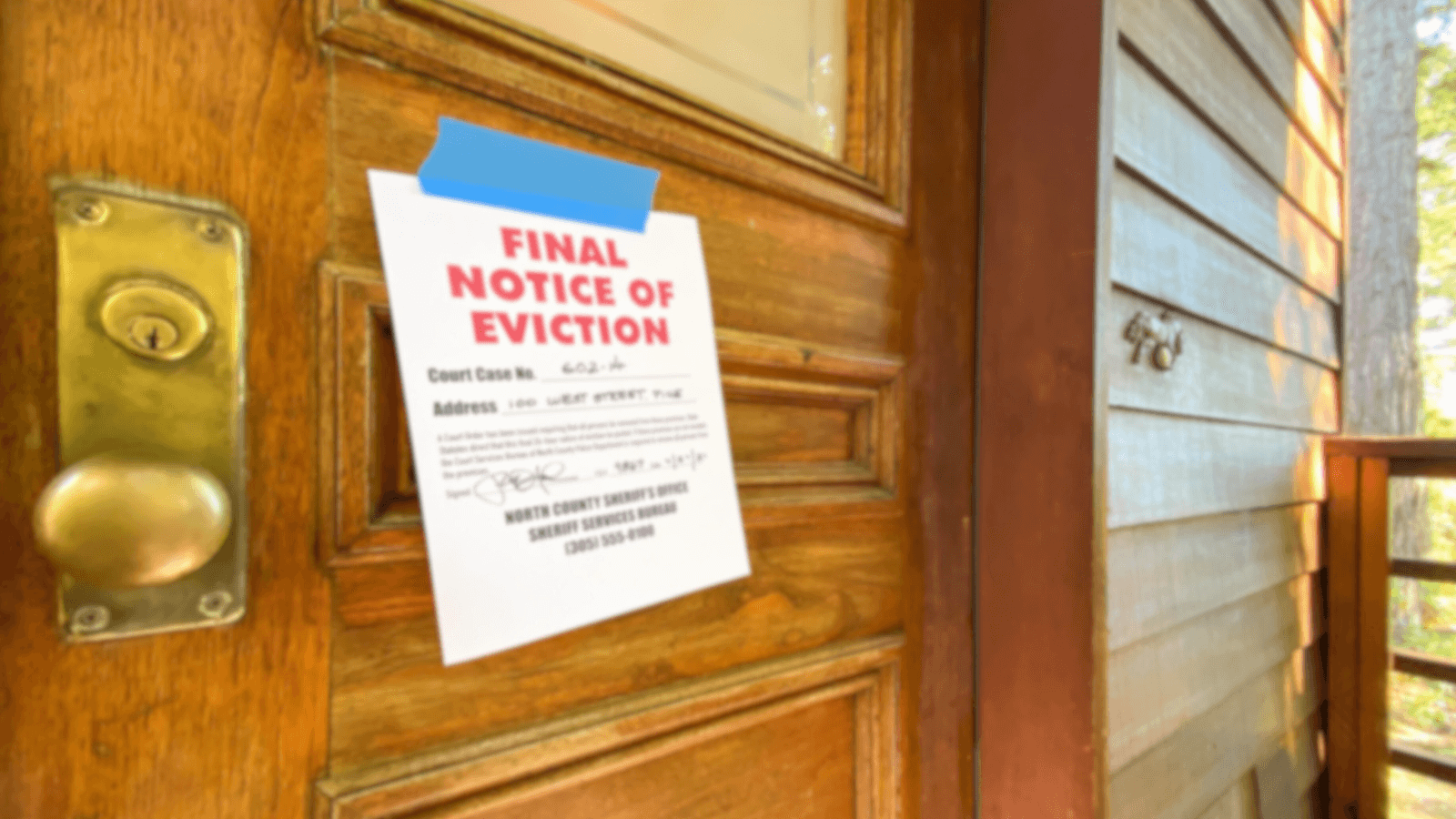-
Legal Lingo: An Overview of Common Rental Terms

Are you planning to rent or lease a property? Perhaps you’re a first-time landlord looking to draft a rental agreement. Understanding the key terms related to real estate rentals is crucial to ensure a smooth and legally sound process. In this latest installment of our Legal Lingo blog series, we’ll explore and define some essential…
-
The Importance of Veterans Discharge Upgrades

The men and women who serve in the armed forces put their lives on the line to protect our nation. Yet, many veterans face an unfortunate reality when they return home: receiving a less-than-honorable discharge. This blog explores the significance of veterans’ discharge upgrades and why they matter for both the individual and society. Understanding…
-
FAQs: Refinancing in North Carolina

When you decide to use a mortgage loan to buy a home or any real estate, you also decide to make a long-term investment. If the market or your financial situation changes during the term of your loan, you may choose to take advantage of your option to refinance your mortgage to change the terms…
-
Legal Lingo: An Overview of Common Real Estate Terms

The legal world is full of terminology that can confuse anyone outside it. Through our Legal Lingo blog series, we’ll introduce you to and define some legal lingo you might encounter to help you be more informed. Real estate transactions, in particular, include many terms specific to the real estate world, and if it’s your…
-
Failure to Appear in North Carolina

In North Carolina, failure to appear – missing your court date – can have serious consequences, even if it happens accidentally. It is essential to show up to court on time, and having an attorney on your side who is experienced in appearing in court and who will help you know when and where you…
-
North Carolina Landlord Disclosure Requirements

North Carolina state law requires landlords to disclose certain information to their tenants about the property or the policies in their lease. These disclosures should be done through written communication, typically in the lease or rental agreement, and ensure a safe and secure rental experience for both landlords and tenants. As a landlord, it’s important…
-
FAQs: North Carolina Short Sales

While real estate short sales can provide sellers a way out of an unmanageable mortgage, and buyers an opportunity to buy a property at a bargain, they have typically been considered a rarer option. However, with recent declines in the economy, the North Carolina real estate market has seen an increase in “short sale” transactions. …
-
FAQ: Why would a landlord evict a tenant in North Carolina?

The state of North Carolina does not allow a landlord to evict a tenant without good cause. However, a question that clients often have is what can be considered “good cause” for eviction. While this blog should not be taken as legal advice by either tenants or landlords, let us give you a general overview…
-
Personal Injury Claims in North Carolina: How to Receive Compensation

If you have been injured in an accident through no fault of your own, you may be entitled to compensation for lost wages, hospital bills, pain and suffering, and more. In North Carolina, there are laws in place that ensure your just compensation. The attorneys at Starling Law Firm are here to help you with…
-
Is a Mobile Home Considered Real Property or Personal Property in North Carolina?

Manufactured homes, most commonly known as “mobile homes,” present a unique challenge for real estate professionals, particularly when it comes to the issue of whether they should be titled as real property or personal property. Real Property vs Personal Property Real property consists of land and buildings or structures permanently affixed to it. Personal property…

